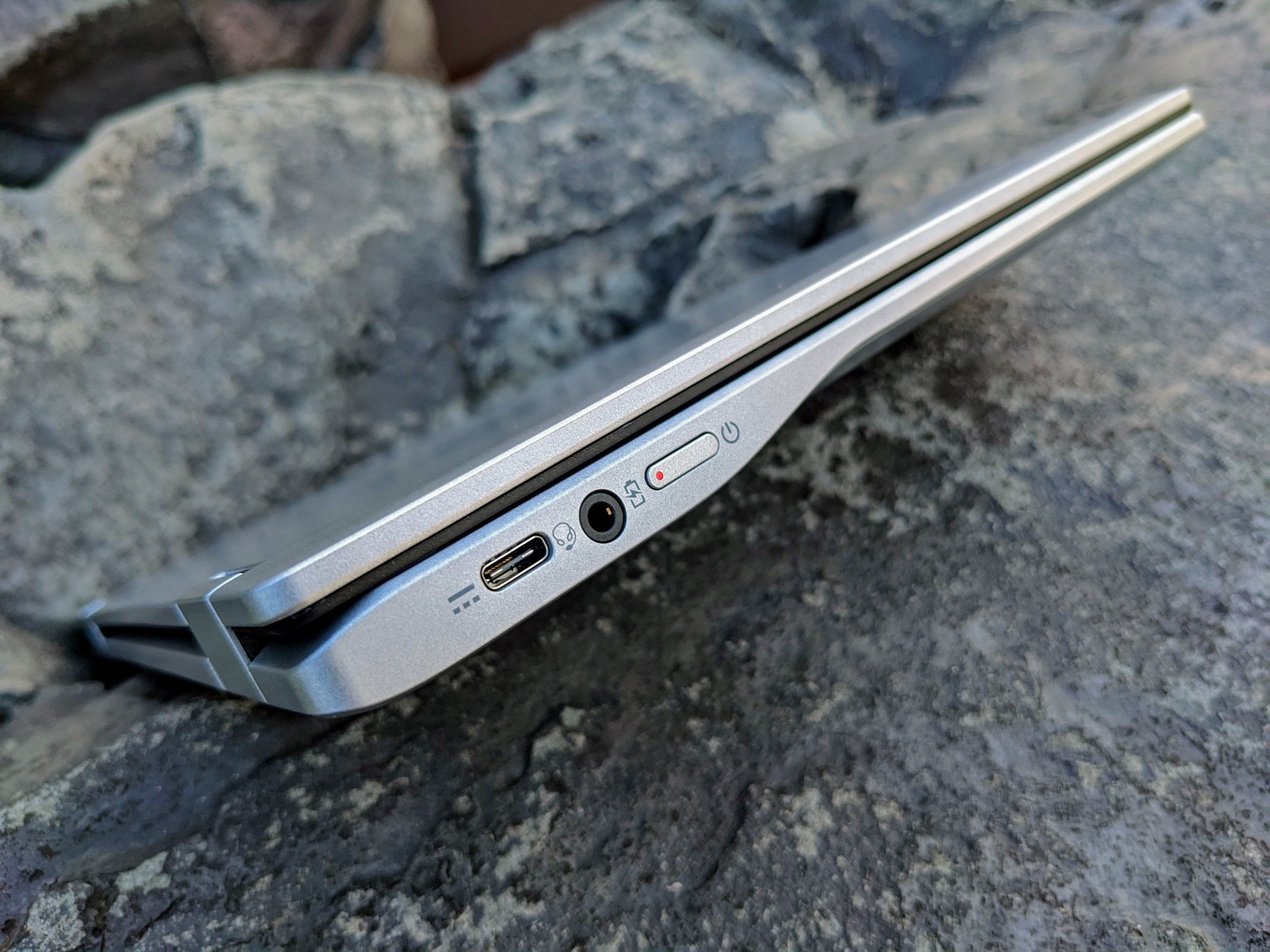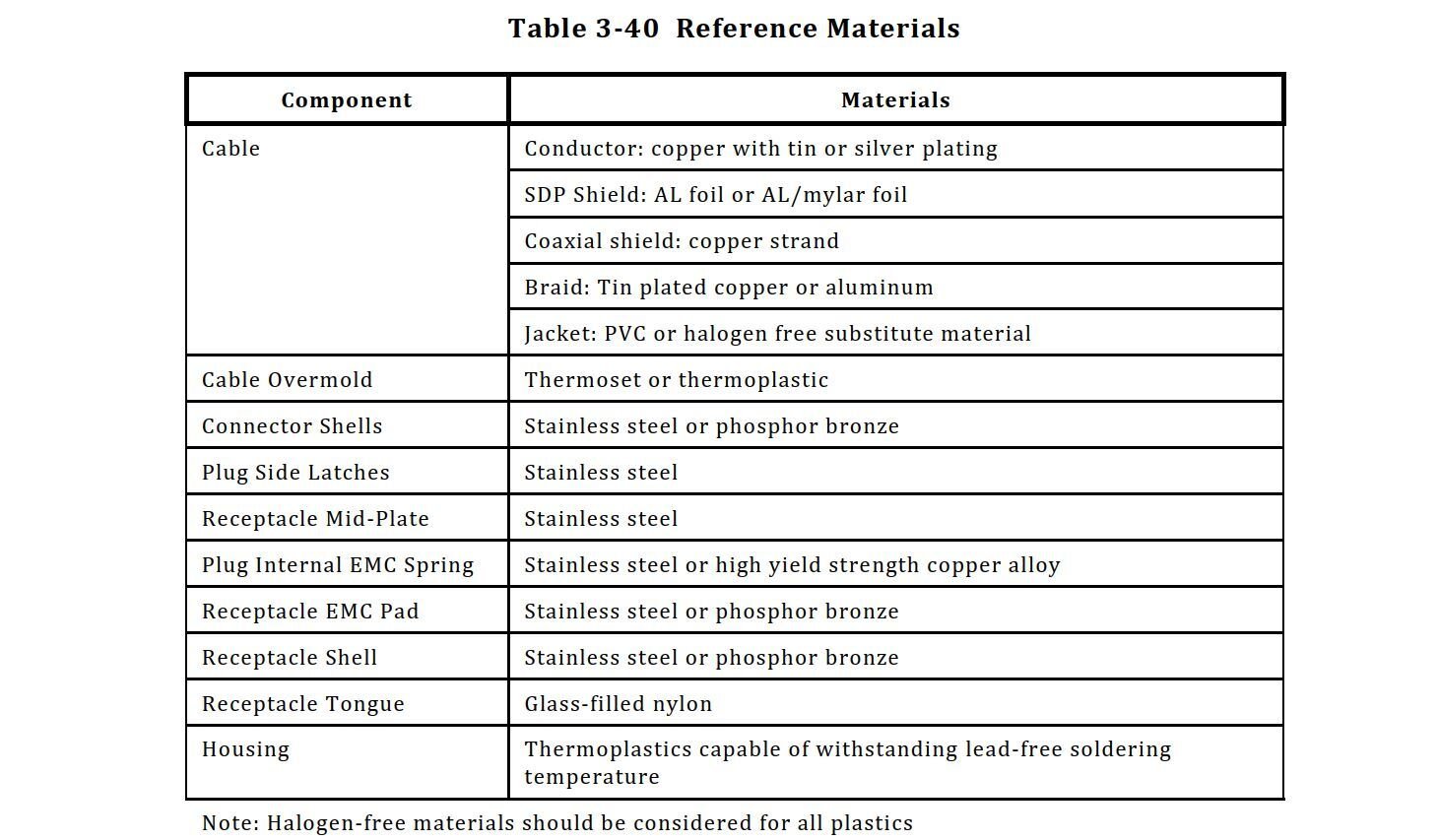USB-C Revision 2.1 preps manufacturers for 240W devices and USB4
Type-C electronics are about to take a big step forward.
What you need to know- The USB Implementers Forum (USB-IF) has announced the first major revision to USB Type-C in two years.
- USB Type-C Cable and Connector Specification Revision 2.1 paves the way for 240W power transfers thanks to "Extended Power Range" (EPR) support.
- This specification has been revised in part with AMD, Apple, Dell, Google, HP, Intel, Lenovo, LG, MediaTek, Oculus, Qualcomm, Samsung, and other companies as it preps for devices with USB4 and the upcoming Power Delivery revisions.
If you've been able to condense down from having five different chargers for all your different devices down to one great 100W charger that can charge everything from your best wireless earbuds to your trusty Chromebook in the last few years, you have two standards to thank for that: USB Type C and Power Delivery. The last major revision for USB-C cables and connectors was back in 2019, but today the USB Implementers Forum - which includes just about every major electronics company from Apple to Xiaomi - debuted Revision 2.1.
![]() 45-65W Power Delivery chargers
45-65W Power Delivery chargers
The updated specification documentation is 415 pages of very dry tables, diagrams, and electrical engineering, but amidst them all, we can see some important updates taking place. Most notably, Revision 2.1 paves the way for USB4 devices and the upcoming revisions to Power Delivery, which will bring 240W charging via the new Extended Power Range sub-specification. To put that number in context, your phone charger usually charges at 18-25W, Chromebooks almost all charge at 45W, and the most powerful Macbook Pros can charge at 96W.
Some Windows laptops can charge at up to 130W over USB-C - and can go from 180-240W with old-fashioned barrel plugs - but those 130W USB-C chargers are technically breaking the current Power Delivery spec to do it. The USB-IF will be revising Power Delivery soon to present new specifications to allow safer charging at higher speeds than the current 100W limit. Part of those preparations is getting Type-C ready for this new Extended Power Range and the specific new cable/connector constraints and problems that can arise from those much higher voltages, such as the higher chances of arcing while unplugging a live cable.
The introduction of EPR will mean that current top-speed SPR (Standard Power Range) cables will be deprecated, and all cables that transfer power above 3 amps still have to be e-marked. All this is to say, I would probably hold off on buying new USB-C cables in the immediate future, as we're going to start seeing a new generation of Type-C cables that work with EPR either towards the end of this year or in the first few months of 2022. At the very least, the next class of cables will be safer as the USB-IF continues to refine its requirements for cable components and construction.

